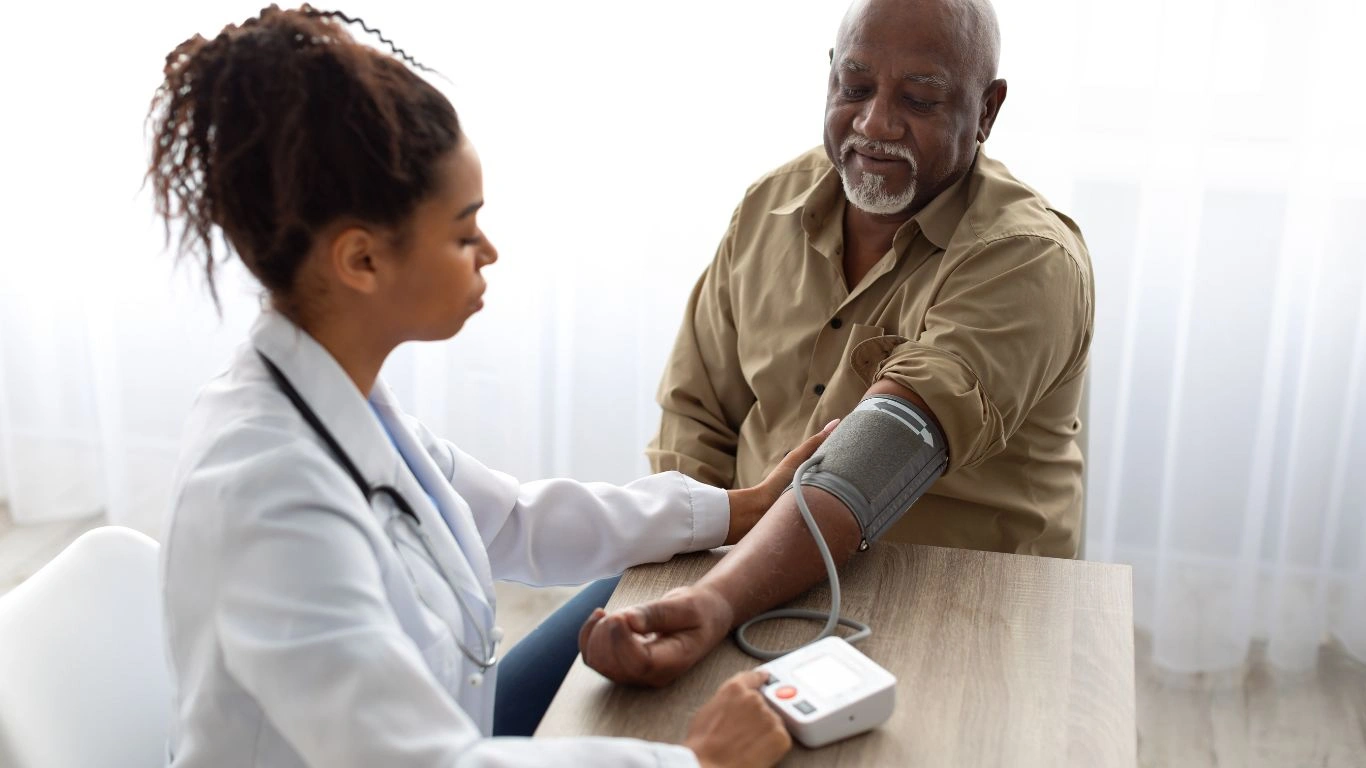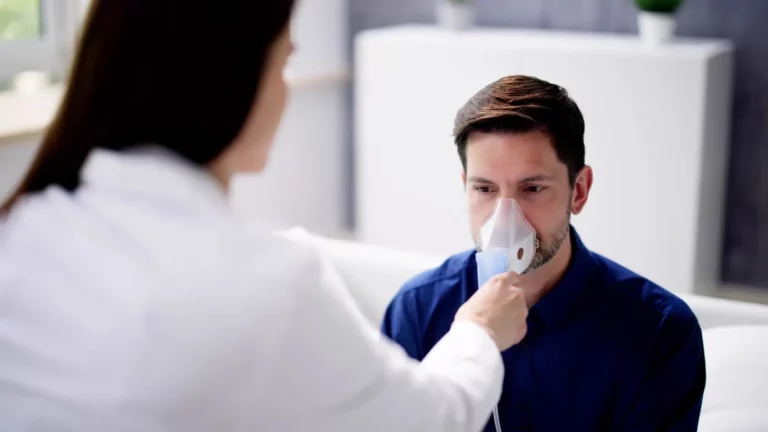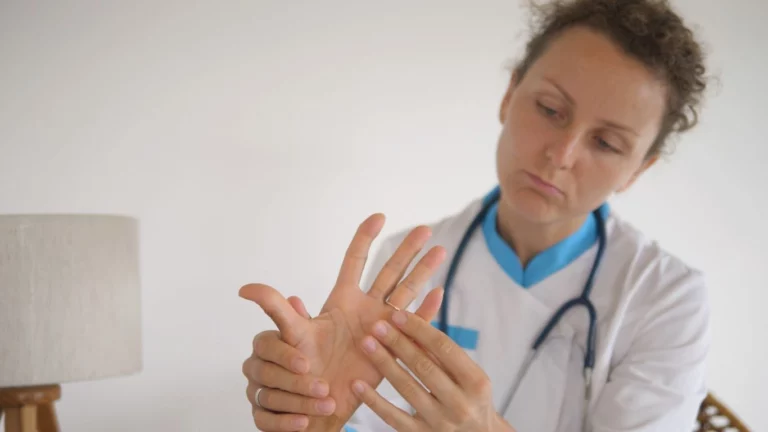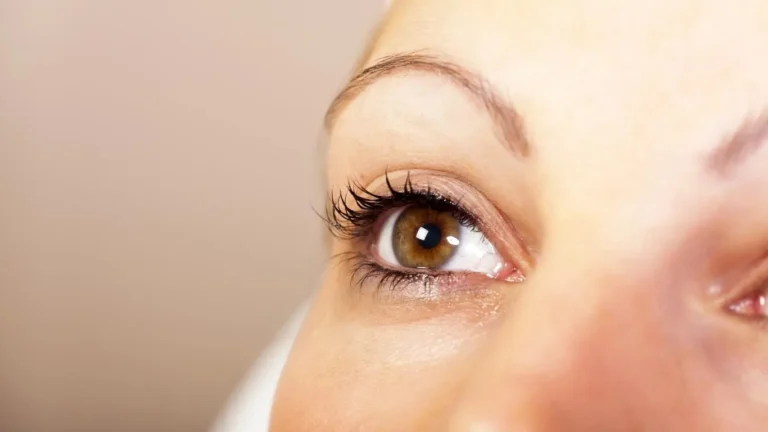Best BP-Friendly Foods to Carry When Flying for Stress-Free Travel
Let’s be real—airports are chaos, flights can be stressful, and airline food? Usually salty, packaged, and definitely not designed for folks like us trying to keep our blood pressure in check. As an Internal Medicine physician who spends a good chunk of time helping patients manage hypertension, I’ve learned the hard way (yes, including during my own travel mishaps) just how crucial it is to plan ahead. That’s why I’m sharing a travel hack that every hypertension warrior should know: BP-friendly foods to carry when flying. It’s simple, it’s empowering, and trust me, your heart will thank you later.
Why Plane Travel Can Spike Your Blood Pressure
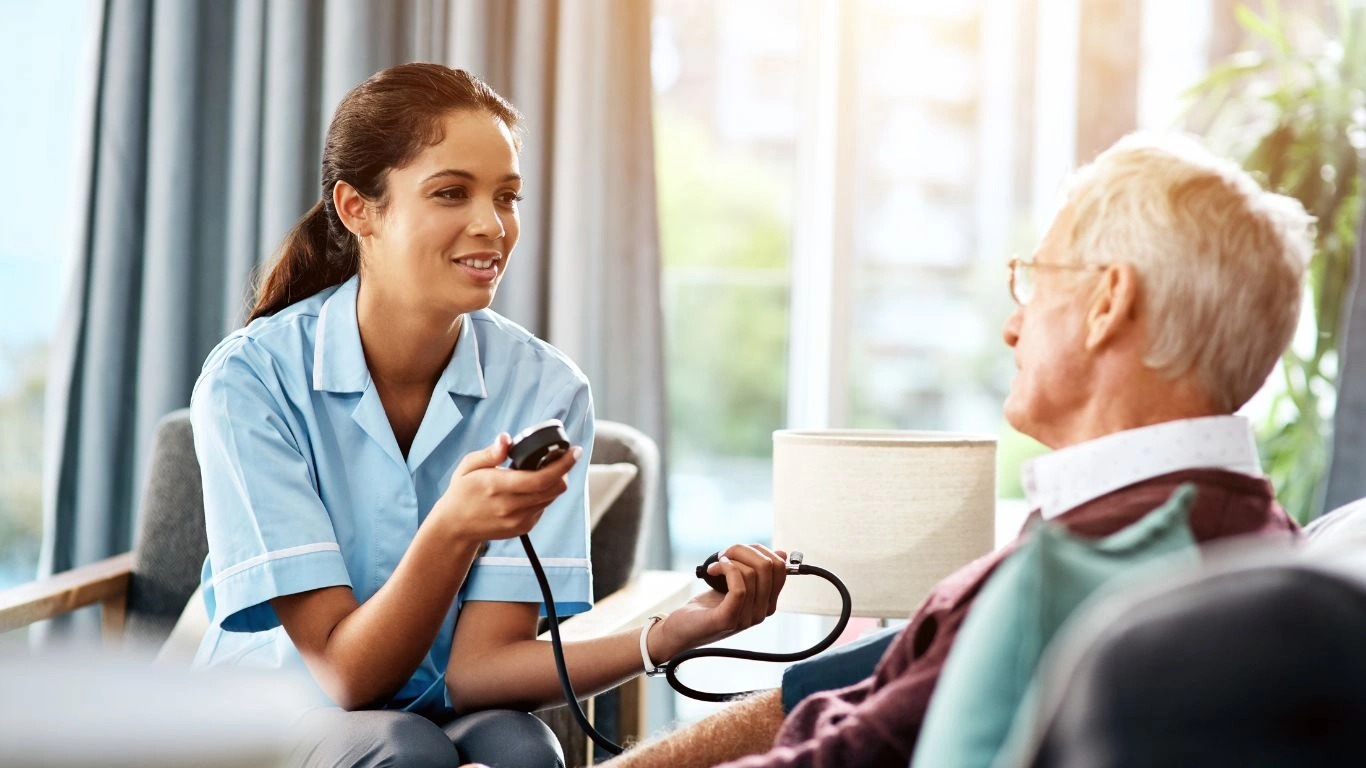
Flying messes with our bodies in all kinds of sneaky ways. Between dry cabin air, decreased oxygen levels, and that oh-so-tempting in-flight snack cart full of sodium bombs, it’s a perfect storm for elevated blood pressure. And it doesn’t help that delays and gate changes keep us pacing around in airports instead of sitting down with a proper meal.
Personally, I’ve had days where I ran straight from clinic to the airport and didn’t eat until mid-flight. The only options? Packaged crackers, processed cheese, or one of those mystery meat sandwiches. No thanks. So now, I pack my own arsenal of heart-smart travel snacks, and I encourage my patients to do the same.
What Makes a Snack “BP-Friendly” Anyway?
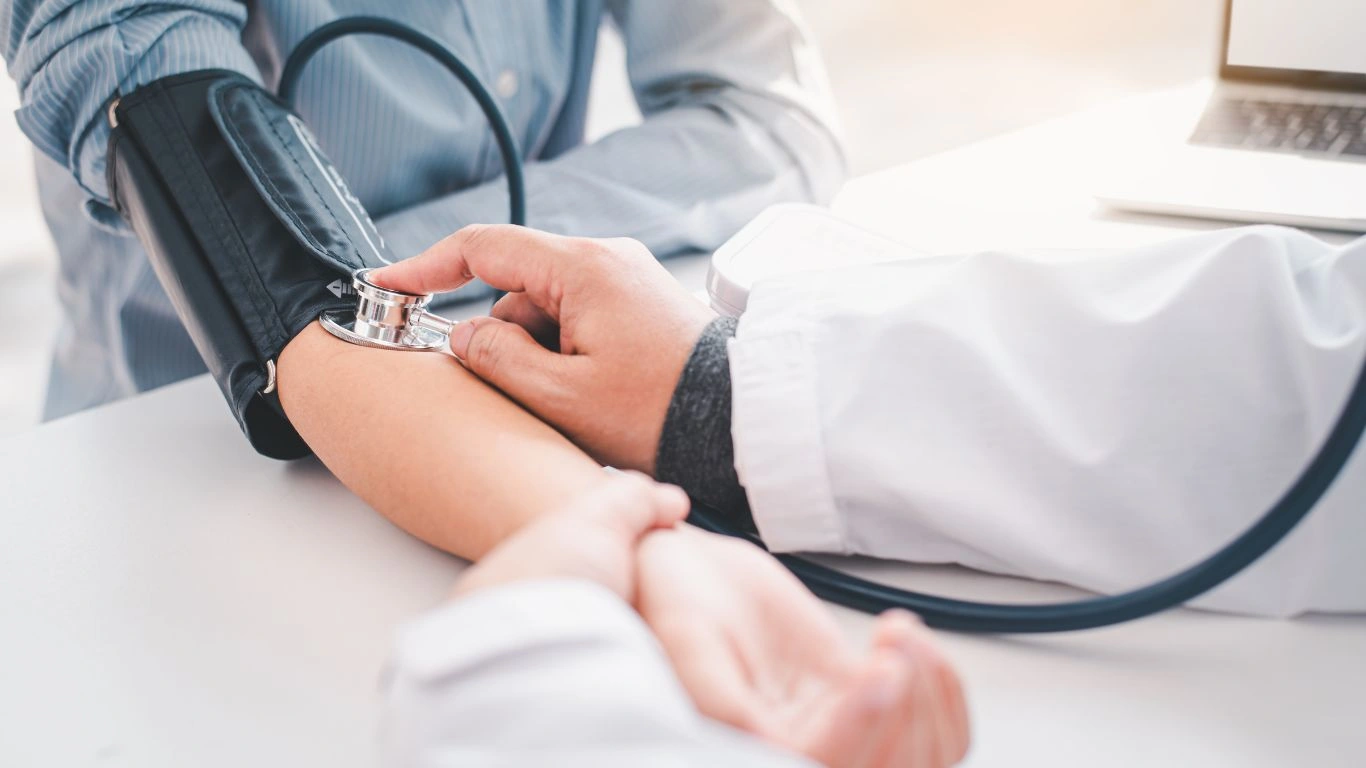
Not all snacks are created equal, especially when you’re managing high blood pressure. A BP-friendly snack should check a few boxes:
- Low in sodium: Ideally under 140mg per serving
- Rich in potassium: This helps counterbalance sodium’s effect on blood pressure
- Contains fiber and healthy fats: These keep you full and help stabilize blood sugar too
- Easy to carry and TSA-compliant: No one wants to lose their hummus at security
When I’m working with patients who fly often—whether for business or family—I always recommend assembling a little “travel snack kit.” It’s like meal prep, but for cruising at 35,000 feet.
Top 7 BP-Friendly Foods to Carry When Flying

1. Unsalted Almonds or Walnuts
These are my go-to. A small handful delivers heart-healthy fats, magnesium, and a good dose of protein. They’re mess-free, non-perishable, and great for curbing airport munchies. Just avoid the salted versions hiding in fancy packaging.
2. Fresh Cut Veggies (Cucumbers, Bell Peppers, Carrot Sticks)
Yes, you can take these on a plane! I chop them the night before, pack them in a small leak-proof container, and toss them into my carry-on. They’re crunchy, hydrating, and potassium-rich. Bonus: they make me feel less bloated during the flight.
3. Bananas or Small Apples
Portable potassium heroes. Bananas are especially travel-friendly—no washing needed—and help your body maintain fluid balance. Apples are great too, and I like pairing them with a few almonds for a mini-meal.
4. Whole Grain Crackers (Low Sodium)
Look for crackers made with whole grains and minimal salt. There are some amazing options now made with flaxseeds or quinoa that offer a crunch without the BP spike. Just read the label—some “healthy” crackers are sodium traps in disguise.
5. Homemade Trail Mix (No Added Salt)
I often make a mix of unsalted nuts, sunflower seeds, a few dried cranberries, and dark chocolate chips. It feels indulgent without the regret. Just avoid store-bought mixes, which often sneak in added sodium and sugars.
6. Single-Serve Nut Butter Packs
These little packets are TSA-approved and perfect for pairing with fruit or crackers. I keep a few almond or peanut butter packs in my bag just in case a flight delay turns into a meal emergency. Opt for brands with no added salt or sugar.
7. Hard-Boiled Eggs
Okay, this one’s not for everyone (especially if you’re sensitive to smells), but it’s protein-packed and surprisingly easy to carry in a small cooler bag. I’ve had plenty of patients thank me after trying this hack for their early morning flights.
Planning ahead is half the battle. If you’re like me, juggling back-to-back appointments or rushing to a conference across the country, it’s easy to forget to take care of yourself on travel days. But with a little prep—and the right snacks—you’ll cruise through your flight without putting your blood pressure at risk.
Smart Packing Tips for BP-Friendly Snacks
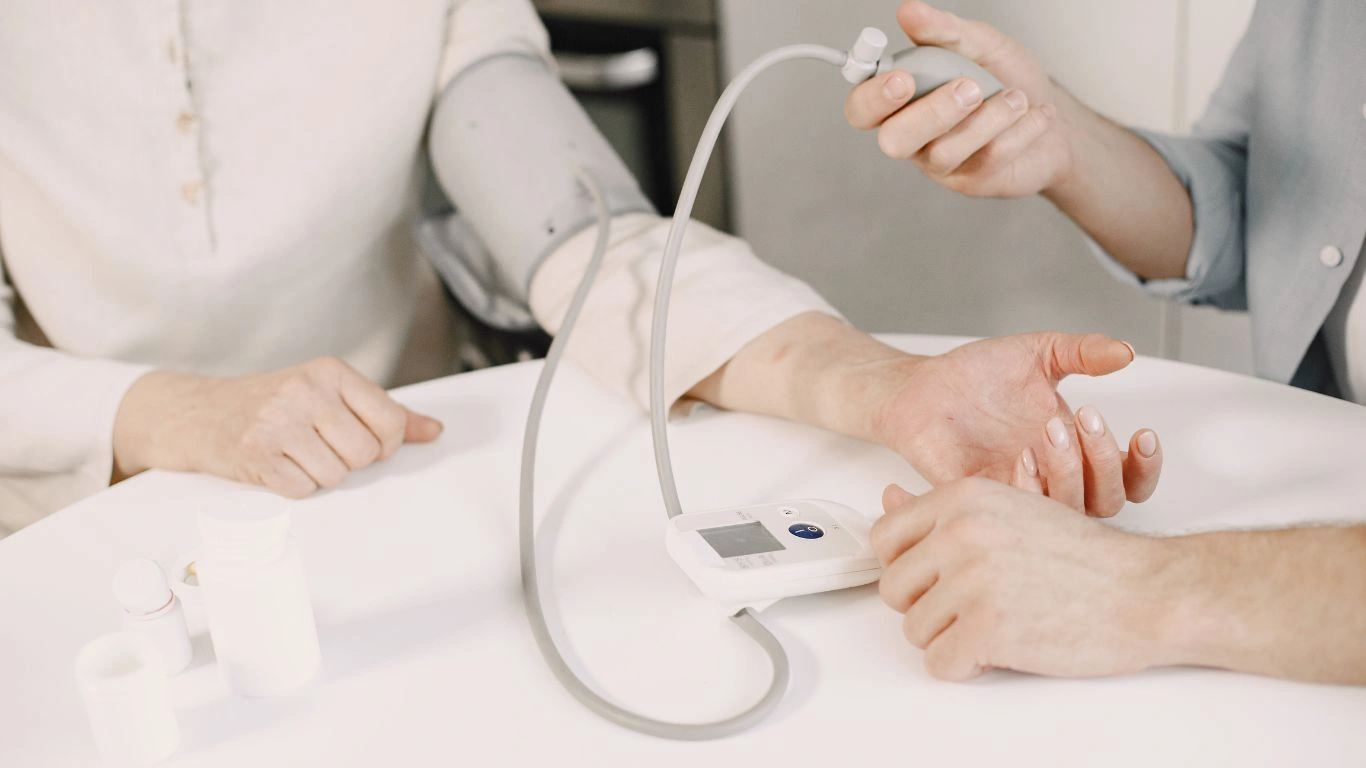
Now that we’ve talked about what to bring, let’s talk about how to pack it. One of the most common questions I get from patients (and honestly, fellow doctors too) is how to keep snacks fresh and TSA-friendly. It’s actually easier than most people think—it just takes a little planning the night before.
Personally, I use a small insulated lunch tote that fits neatly into my carry-on. Inside, I pack:
- A mini ice pack or two (frozen gel packs are TSA-approved)
- Reusable snack containers or silicone pouches
- Napkins and a couple of wet wipes (you never know…)
Hard snacks like crackers and nuts go in dry compartments, while cut veggies, eggs, or fruit slices get their own space. If you’re carrying anything spreadable—like hummus or nut butter—it has to be under 3.4 oz and placed in a clear zip bag. Learned that lesson the hard way during a 6 a.m. security check in Chicago… goodbye homemade guac.
What to Avoid: The Sneaky Sodium Bombs

Just because something looks healthy doesn’t mean it’s good for your blood pressure. I’ve seen so many folks get tripped up by “organic” or “gluten-free” snack bars, only to discover they’re packed with sodium or sugar substitutes that spike blood pressure or blood sugar.
Here’s a quick list of foods I always tell my patients to skip on flight days:
- Jerky (even turkey or plant-based) – Usually loaded with sodium, even in the “low-sodium” versions.
- Pre-packaged sandwiches or wraps from airport cafes – These can pack over 1,000mg of sodium without tasting salty.
- Flavored rice cakes or popcorn – Sneaky salt + artificial flavorings = blood pressure rollercoaster.
- Instant oatmeal cups – Unless labeled low-sodium, these can be surprisingly salty (and high in sugar too).
- Frozen protein shakes or smoothies – Many commercial brands hide sodium under “electrolytes” or “preservatives.”
One time I grabbed a “healthy green smoothie” during a layover in Atlanta without checking the label. It had almost 400mg of sodium in one bottle—and I was halfway through before I even noticed. Never again.
Bonus Tips for In-Flight BP Support

Snacks are just one part of the equation when you’re flying with high blood pressure. Here are a few bonus strategies I’ve personally adopted—and now share with all my frequent flyer patients—to keep things smooth in the sky:
Stay Hydrated, But Skip the Soda
Cabin air is super dry, and dehydration makes your heart work harder. Bring a reusable water bottle and fill it post-security. Aim for a few sips every 30 minutes. I avoid coffee or soda on flight days because the caffeine and sodium can throw things off balance fast.
Keep Moving (Even in a Tiny Aisle)
Try to get up at least once every hour for a short walk or stretch. I like to do simple calf raises or shoulder rolls while waiting in line for the restroom—sure, I get a few stares, but my circulation is better than theirs. Promise.
Mind Your Breathing
Stress is sneaky. Whether it’s turbulence or a long boarding line, your blood pressure can climb without you realizing it. A few deep belly breaths can work wonders. Inhale for 4 counts, hold for 2, exhale for 6. Repeat 3–4 times. I even recommend this technique to patients who get “white coat” hypertension at their checkups.
Don’t Skip Medications—Even for Short Flights
I can’t tell you how many people leave their meds in checked baggage. Big mistake. Always keep your antihypertensives in your carry-on, ideally in a labeled organizer. I usually take mine a few hours before takeoff, especially if I’m flying coast-to-coast and meals are unpredictable.
Real Talk: Why This Matters
Here’s the thing—I’m not just writing this as a doctor. I’ve been that tired, hungry traveler stuck on the tarmac with nothing but pretzels and regrets. I’ve had patients call me in a panic from another time zone, asking if they should double up on meds because their BP spiked mid-flight. It’s scary, and it’s totally preventable.
Being proactive with your diet—especially when flying—gives you a sense of control. It’s not about perfection; it’s about consistency. And that starts with something as simple as choosing the right foods and packing smart. Your body—and your blood pressure—will thank you for it.
Easy DIY BP-Friendly Snack Ideas for Travel
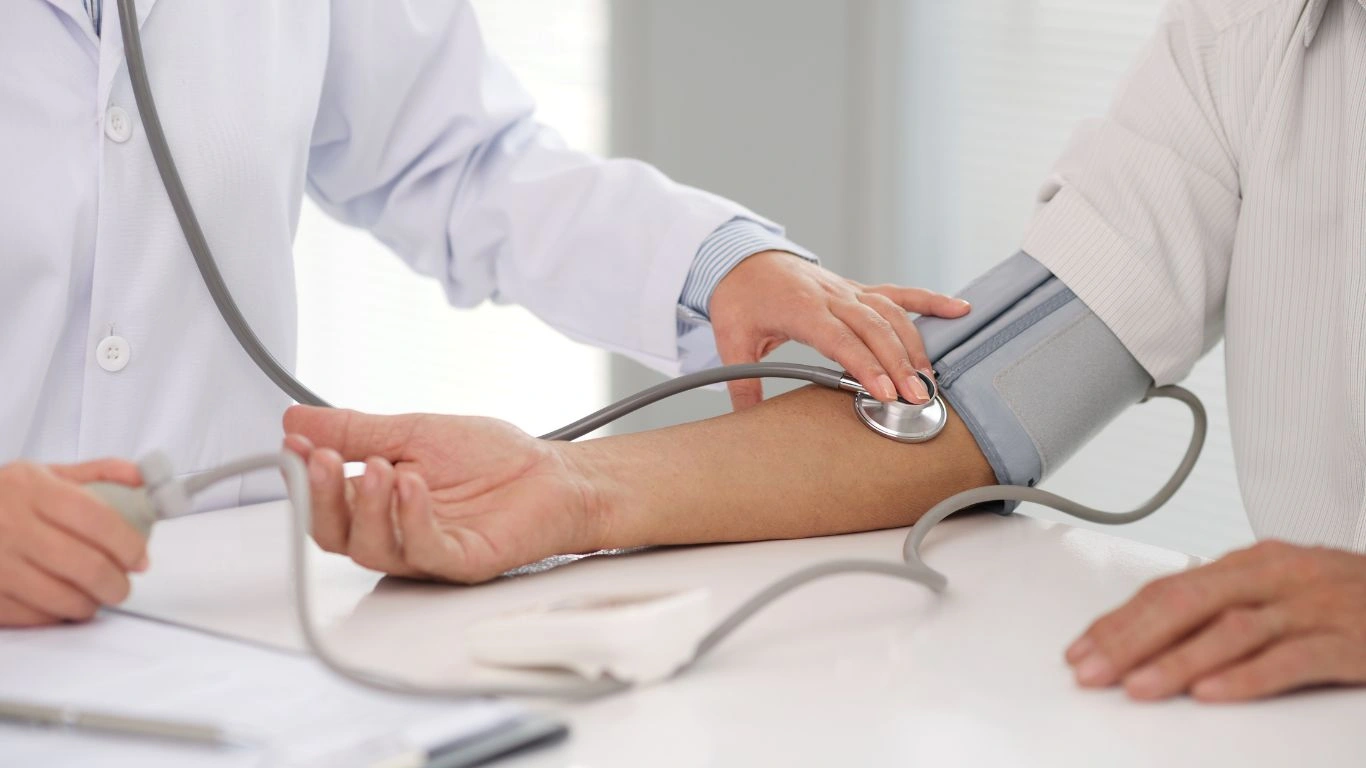
Let’s be honest—not everyone has time to make snacks from scratch. I totally get it. But if you have a few minutes to prep the night before a trip, these DIY BP-friendly foods to carry when flying are absolute game changers. They’re easy, nutritious, and they save you from overpriced airport snacks that mess with your pressure.
1. No-Salt Hummus + Veggie Jar
I prep this the night before in a mason jar: a few spoonfuls of no-salt hummus at the bottom, then layers of celery sticks, bell pepper strips, and carrots. You dip as you go. Super portable and full of fiber + potassium.
2. Oat Energy Bites (No Added Salt)
- 1 cup rolled oats
- 2 tbsp ground flaxseed
- 1/4 cup unsalted peanut butter
- 1 tbsp honey
- Dash of cinnamon, optional dark chocolate chips
Mix everything, roll into bite-sized balls, and chill overnight. I throw 4-5 into a reusable snack pouch for the flight. They’re filling, balanced, and don’t spike your BP.
3. Cucumber and Avocado Wraps
Use a whole-grain wrap, mash half an avocado with lemon juice, and layer in cucumber slices and spinach. Wrap it tight in foil. It’s creamy, crunchy, and surprisingly satisfying. I’ve even shared this mid-flight with another passenger once—true story!
FAQs I Get From Patients About Flying With High BP
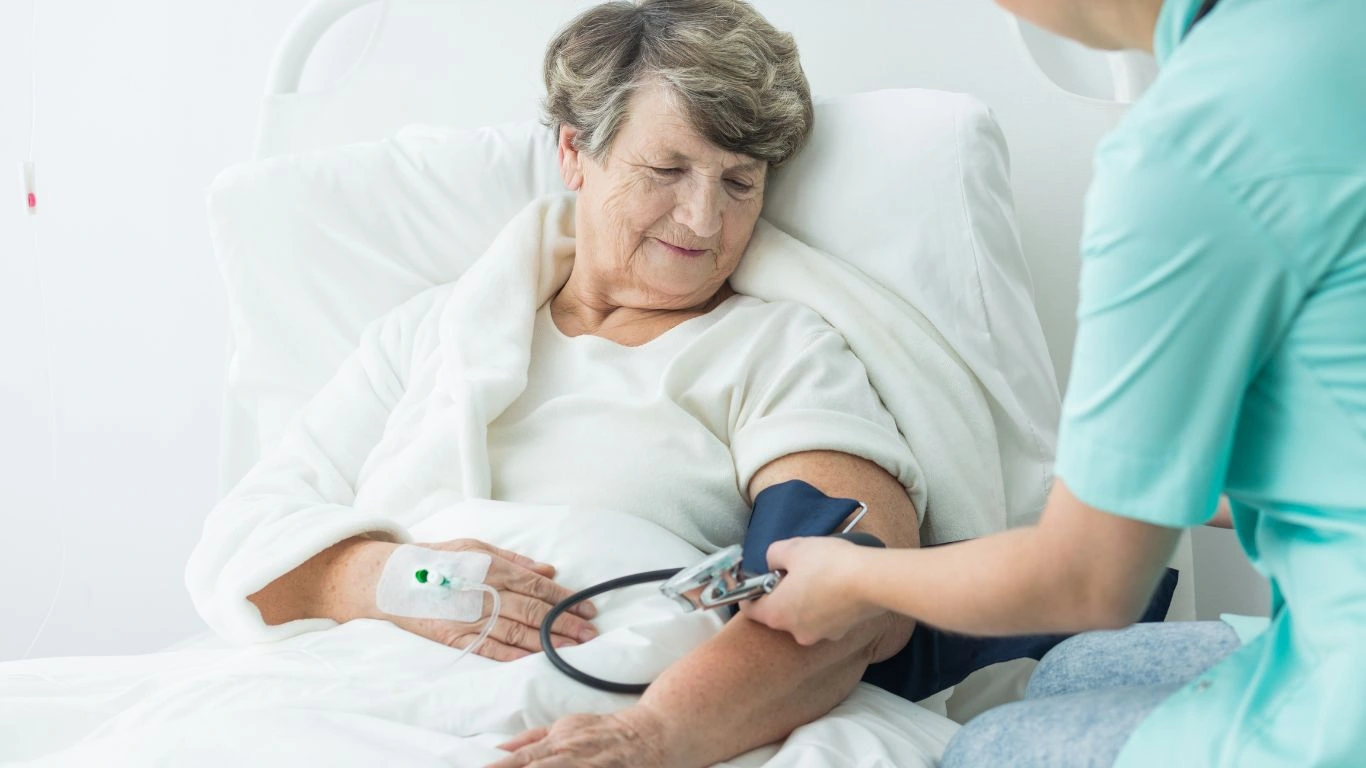
“Is it safe for me to fly with hypertension?”
Generally, yes—if your blood pressure is well-managed and you’re not in a hypertensive crisis. But flying does put extra strain on the body, so it’s important to prep well. If your BP is frequently above 160/100, check with your doc before takeoff.
“What if I forget my medication on the plane?”
It happens more often than you’d think. That’s why I always recommend keeping a dose (or two) in your personal item or purse, not in a checked bag. For longer flights, I set a reminder on my phone to take it on time. Your body clock can get weird when you cross time zones.
“Can I have coffee during the flight?”
If you’re used to it and drink it daily, one cup is usually fine. But I wouldn’t recommend trying that double espresso mid-flight if you don’t normally drink caffeine. I personally skip it on flight days because dehydration and caffeine can be a tricky combo.
Real-Life Wins: How This Advice Has Helped My Patients
One of my longtime patients, Mary, is a consultant who flies twice a month. She used to land with headaches and elevated BP readings until we revamped her travel snacks and hydration strategy. Now, she packs her own veggie jars, drinks water consistently, and keeps her meds handy. She told me, “I actually feel good when I land now, not drained.”
Another patient, Raj, is on a low-sodium DASH plan and was skeptical about bringing his own food. But after a cross-country flight where he relied only on airline snacks and had a 150/98 reading post-landing, he gave it a shot. Now he’s a trail mix-making pro and swears by sliced apples + nut butter as his go-to midair meal.
Final Thoughts (Okay, Mini Pep Talk)
Managing high blood pressure doesn’t mean you have to live like a monk—especially not when you travel. It just takes a little foresight. Trust me, taking care of your health while flying isn’t about being “perfect,” it’s about being prepared. And the more you travel smart, the easier it becomes.
I hope these tips—and some personal mishaps—help you build your own BP-friendly flight routine. Whether you’re flying for work, visiting family, or just taking a break, you deserve to feel well and stay in control of your health.
References
Disclaimer
This article is for informational purposes only and is not intended to replace professional medical advice, diagnosis, or treatment. Always consult your physician or qualified healthcare provider with questions you may have regarding a medical condition, especially before flying if you have a history of uncontrolled hypertension or other cardiovascular concerns.

Dr. Gwenna Aazee is a board-certified Internal Medicine Physician with a special focus on hypertension management, chronic disease prevention, and patient education. With years of experience in both clinical practice and medical writing, she’s passionate about turning evidence-based medicine into accessible, actionable advice. Through her work at Healthusias.com, Dr. Aazee empowers readers to take charge of their health with confidence and clarity. Off the clock, she enjoys deep dives into nutrition research, long walks with her rescue pup, and simplifying medical jargon one article at a time.

